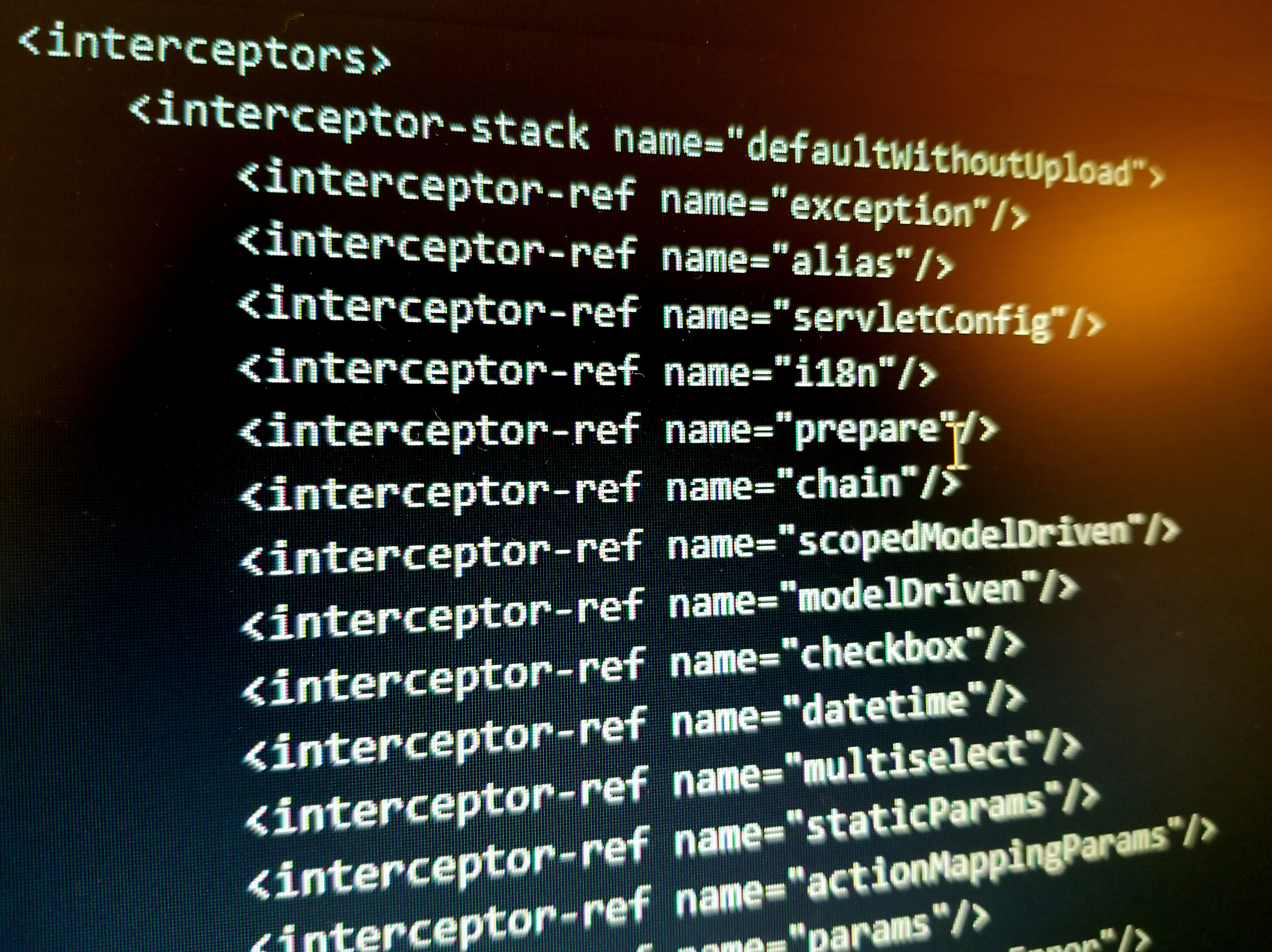Russia's Cyber Offensive Against NATO Exposed: Targeting Logistics and Tech with APT28

A sophisticated cyber campaign targeting NATO's logistics and technology infrastructure has been exposed, with evidence pointing to Russia's GRU military intelligence unit 26165, also known as APT28. The National Cyber Security Centre (NCSC) in the U.K., alongside its allies, has revealed the extent of this malicious activity, highlighting a concerted effort to disrupt and potentially compromise critical supply chains and technological systems.
The Scope of the Attack: Targeting Vital Infrastructure
APT28, a well-established and highly skilled cyber actor, has been linked to numerous previous attacks attributed to the Russian state. This latest operation demonstrates a clear focus on logistics providers and technology companies, suggesting a strategic goal of weakening NATO's operational capabilities. The specific targets and methods employed remain under investigation, but the NCSC’s findings indicate a persistent and evolving threat.
APT28: A Known Threat Actor
APT28 is notorious for its advanced persistent threat (APT) capabilities, meaning they are capable of maintaining long-term access to compromised systems and networks. They are known to employ a range of sophisticated techniques, including spear-phishing, malware deployment, and network intrusion. Their activities are often aligned with Russian geopolitical objectives, and this latest campaign appears to be no exception.
International Cooperation and Response
The exposure of this cyber campaign underscores the importance of international cooperation in countering state-sponsored cyber threats. The NCSC's collaboration with its allies has been crucial in identifying and attributing the attack to APT28. Governments worldwide are increasingly working together to share intelligence, coordinate defenses, and hold perpetrators accountable.
Implications for Businesses and Organizations
This incident serves as a stark reminder of the pervasive threat of cyberattacks, particularly those originating from nation-states. Businesses and organizations, especially those involved in logistics or technology, need to bolster their cybersecurity defenses. Key recommendations include:
- Implementing robust network security measures, including firewalls, intrusion detection systems, and multi-factor authentication.
- Conducting regular vulnerability assessments and penetration testing.
- Providing cybersecurity awareness training to employees to help them recognize and avoid phishing attacks.
- Staying informed about the latest cyber threats and vulnerabilities.
Looking Ahead: A Persistent Threat
The exposure of Russia's cyber offensive against NATO is likely just the tip of the iceberg. As geopolitical tensions continue to rise, it is expected that state-sponsored cyberattacks will become even more frequent and sophisticated. Organizations and governments must remain vigilant and proactive in their efforts to defend against these evolving threats. The ongoing investigation into APT28's activities will undoubtedly provide further insights into their tactics and motivations, allowing for more effective countermeasures to be developed and implemented.





